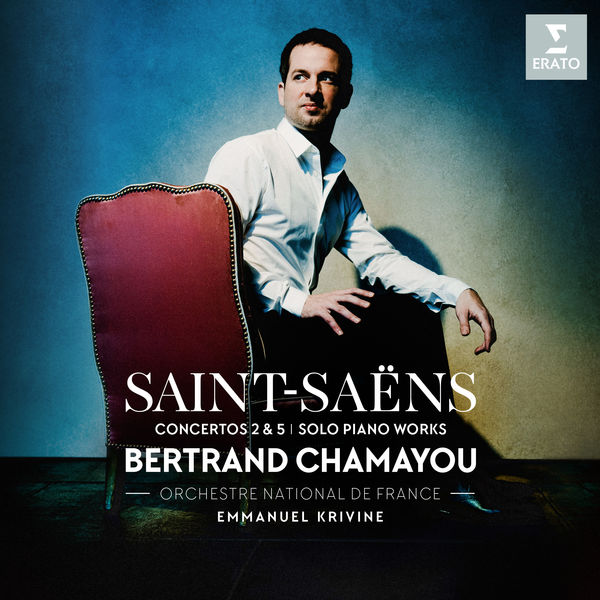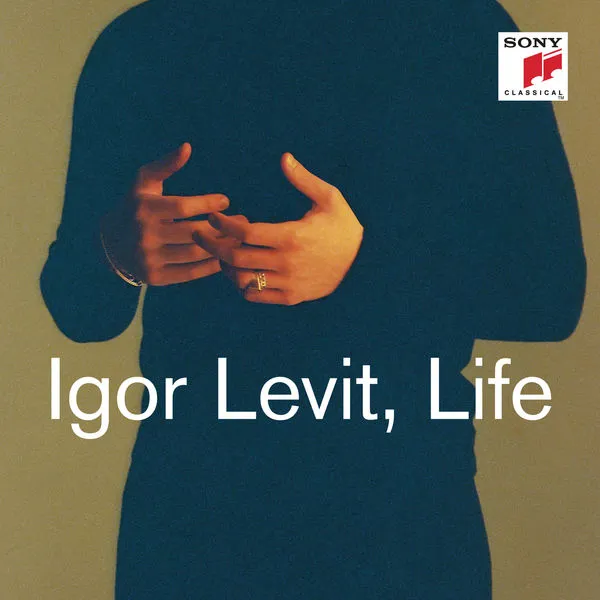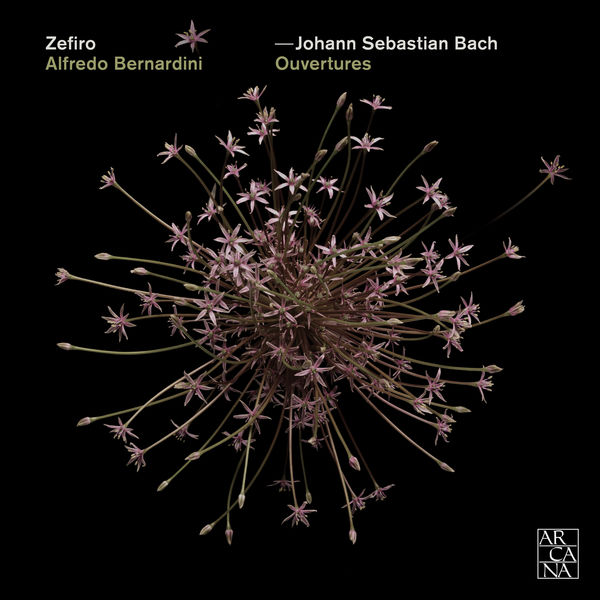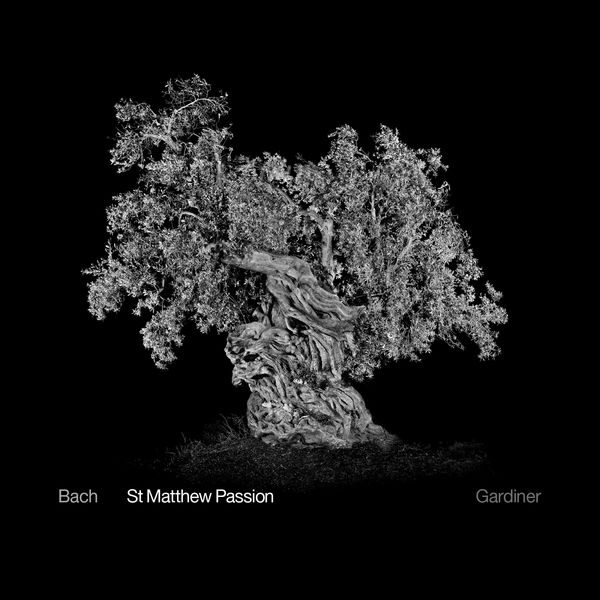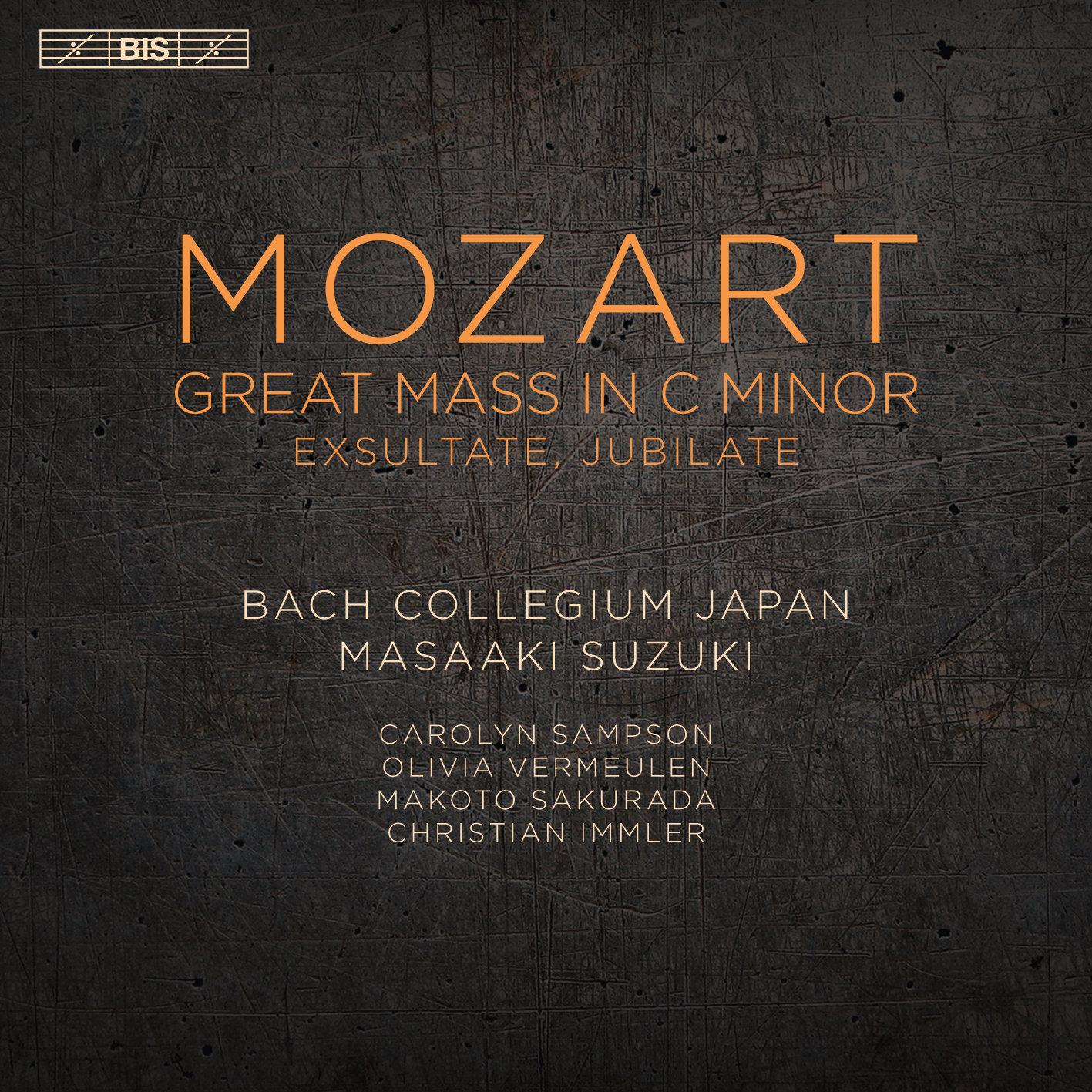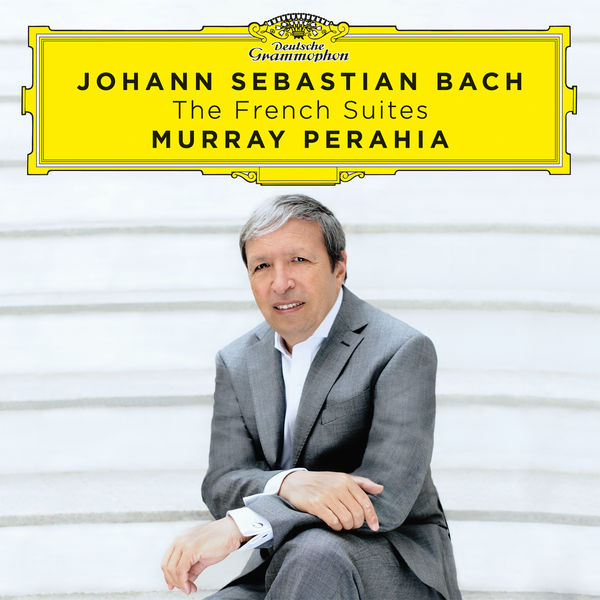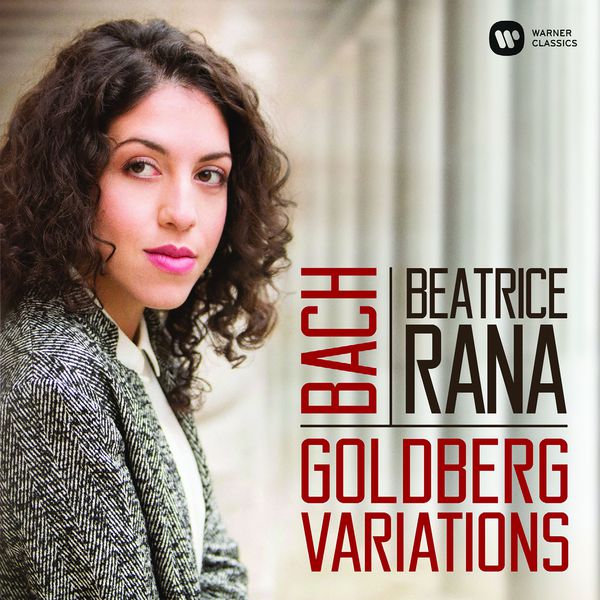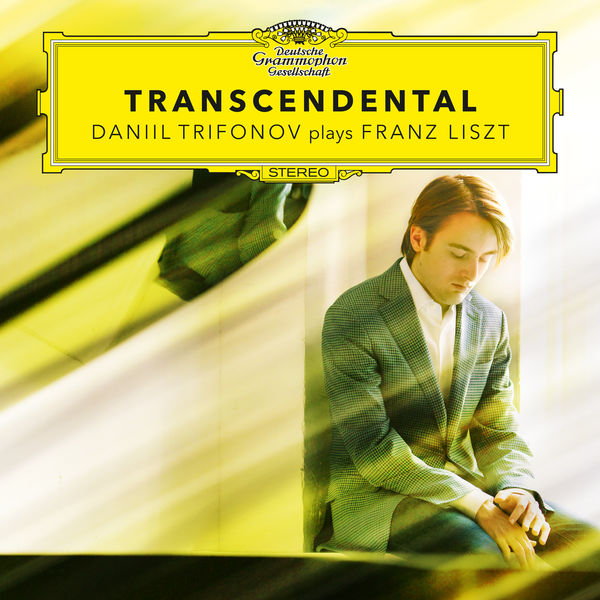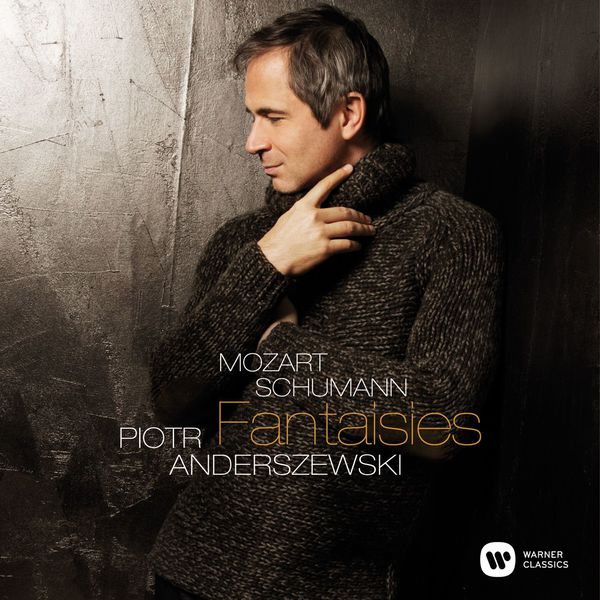Classica Magazine
Regular readers of my blog know that I mainly follow two classical magazines as a reference. One is the UK’s Gramophone, the other France’s Classica Magazine.
Interestingly enough, Classica really is the magazine where I have the most overlap with their reviews, for Gramphone it is a bit more hit and miss.
I’ve commented nearly every year on the Gramophone Awards nominees and winners, but I’ve never written a lot about the equivalent of Classica Magazine, the “Chocs de l’année”.
Classica has a five star rating system for all albums (although I hardly ever see 1 stars appear), but on top of the 5 stars, they also select every months the albums “Choc”, similar to Gramophone’s Editor’s Choice.
And, once per year, Classica publishes their “Chocs de l’année”, i.e the overall best albums of the year.
Let’s have a look together.
Les Chocs de l’année 2019 – Classica Magazine – Artist of the Year
First category is “L’artiste de l’année”, winner is French pianist Michel Dalberto (I can’t help but notice that while Gramophone is a bit biased towards UK artists, Gramophone has the same for their local talent.)
Two albums get a particular mention, his recent 2019 Beethoven sonata album on La Dolce Volta, as well as César Franck solo piano and chamber album on Aparte.


I must admit I really don’t share their excitement for the Beethoven album. Sure, it’s not bad, but I’d clearly prefer others here (among recent choices, Levit, Perahia, Lewis).
The Franck album I haven’t really listened to a lot, he is one of those lesser known French composers that I just have much less experience with. But I’ll check it out more systematically in the future, and so should you.
Label of the Year
Label of the year is the French label Alpha, and here I fully agree. In 2019, the smaller dedicated labels like Alpha, Hyperion, BIS, Chandos, have just become so much more important that the old majors like DG, Sony, Decca, etc.
Among other albums they specifically mention Celine’s Frisch Well Tempered Clavier recording (my 5 star review here), and Rouvali’s Sibelius 1 (also featured in the Gramophone Award nominees).

Brahms: Piano Quintet & Klavierstücke op. 76 – Quatuor Hermes & Geoffroy Cocteau – LaDolce Volta 2019

I had already noticed this album earlier this year when I saw it got a Choc from Classica and a 5 star review from Diapason.
I have yet to fully review this album, but overall I like it quite a bit. Not sure if it is a full 5 star to me, but I promise I come back to this more formally. In any case, it is worth discovering.
François Xavier Roth
Roth gets even two mentions, with his Berlioz Harold en Italie, as well as the recent Debussy album.

I can’t really comment on the Berlioz, again I’m only slowly getting to know the broader French repertoire better.
But I fully agree that Roth is a great talent, and also like his Debussy album very much, which also was nominated for a Gramophone Award.

David Kadouch – Révolutions

Here I really can’t comment, I’ve never heard of this album nor of this pianist before. Turns out he’s French as well (did I mention there seems to be some geographical bias somewhere).
In any case, the program of this concept album (obviously around the Revolution) is quite intriguing, from Dussek (yes, I also had to google him), via Beethoven, Chopin, Liszt, Janacek, Debussy, to Rzewski. I only quickly sampled works I know well, like the Chopin Revolutionary Etude, or the Scherzo no. 1, in both cases I wasn’t blown away. But don’t take this as a proper review, and have a look.
Rachmaninov – The Piano Concertos – Trifonov – Nézét-Séguin (DG 2019)


While I absolutely loved Trifonov’s recording of Rach 2, and was right at predicting that this would be a very controversial version, I still haven’t been able to properly review his approach to Rach 3 (sorry I typically disregard Rach 1 and 4) which was released quite recently.
Classica praises both of them, but I honestly would caution you before you buy the Rach 3 blindly. I can’t put my finger on it, but something is there that I just don’t like as much. I’d be very curious to hear your opinions. Personally, I rather stick to other versions like Leif Ove Andsnes with the LSO.
Two Gounod Operas
Gounod, yet another composer I barely know. A good friend of mine loves his Faust, but to this day, I really haven’t found my way around this composers’ work.
Let me nevertheless mention the two operas here that Classica likes, they clearly know more about French composers than I do. Both come from conductors I personally like very much, Hervé Niquet and Christophe Rousset, you probably won’t go wrong with any of these recordings.


Look out for part II of this blog post in the next days. You’ll find it here.
You can find the new albums of this blog post here (Qobuz), or in the link to the original review.

